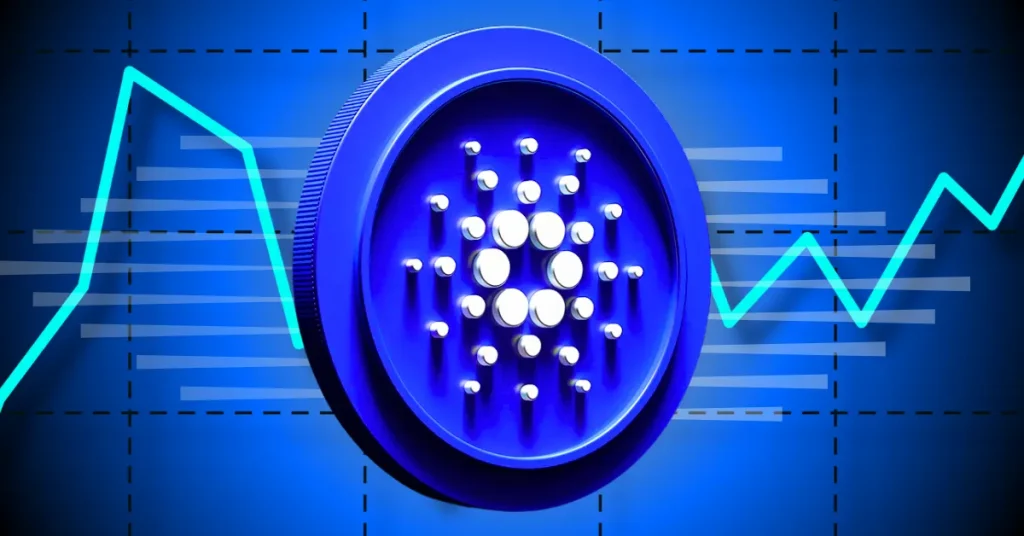
Among major financial service companies and major corporations, there is a growing movement to tokenize Real World Asset (RWA) using blockchain. Many in the blockchain industry are optimistic that the trend will accelerate further in 2023.
Tokenizing RWA, which records the ownership of assets such as stocks and bonds on the blockchain, allows trading without the intervention of a broker, providing the convenience of buying and selling assets at any time.
Banks and major corporations enter
This concept is nothing new. In recent months, however, many large banks and large corporations have started to use it. US bank JPMorgan Chase conducted its first tokenized Japanese yen and Singapore dollar transactions on the Polygon blockchain in November.
A month later, crypto manager WisdomTree announced nine new digital funds. These funds use the Ethereum or Stellar blockchains.
In addition, in February this year, the central bank of Hong Kong issued token-type green bonds worth about $100 million. French investment firm Credit Agricole CIB and Swedish bank SEB have agreed to develop a blockchain-based platform for digital bonds.
According to a recent report by S&P Global Ratings, about $1.5 billion worth of digital bonds will be traded on blockchains in 2022. In 2021, only a few bonds existed on the blockchain.
Efficiency through bond tokenization
According to Daniela Barbosa, executive director of the Hyperledger Foundation, efficiencies unattainable in traditional markets are the goal of bond tokenization.
“If you think about traditional corporate bond issuance, for example, there’s a lot of paperwork and tracking,” said Barbosa.
“Tokenizing an asset increases the usability of the asset because it can be automated by smart contract platforms and can also add important information,” he continued.
Barbosa, who has been involved in the cryptocurrency industry since 2017, said despite a series of problems that have plagued the cryptocurrency industry over the past few years, many companies have embraced the “business model” enabled by blockchain. It’s becoming more positive.
“What happened in the market has nothing to do with blockchain technology,” Barbosa said.
German giant Siemens issued $63 million worth of digital bonds on Polygon in February to reduce paperwork and open up “new markets to new customers,” Barbosa said. says Mr. Public companies have traditionally used traditional methods of issuing bonds to raise money, often through Wall Street underwriters.
“Building technologies and platforms that allow more people to participate in an economy will have a positive impact on that economy,” said Barbosa.
Benefits and use cases
Bob Ras, co-founder of exchange and digital asset ecosystem Sologenic, believes that tokenization of real assets will make fractional ownership more efficient, reducing settlement times. is also shortened.
According to Russ, users will be able to trade tokenized securities in smaller chunks at a lower cost, with settlements taking only seconds. For traditional markets, it typically takes 48 to 72 hours for the stock to actually move from the liquidity provider to the bank or platform, Rath said.
The speed and efficiency that tokenized bonds deliver will “empower smaller investors” and improve accessibility for “those with less capital to invest,” Rath said.
Eliézer Ndinga, research director at 21.co, a crypto investment product, said that the US dollar-linked stablecoin Tether (USDT) is particularly vulnerable to currency depreciation and the collapse of the financial system. It said it provided a strong rationale for supporting the RWA in a country where demand for the US dollar is on the rise.
“From a remittance perspective, if you have an internet connection, you can access it on a global scale, just like sending an email.”
Use in DeFi
Meanwhile, industry insiders are optimistic about the use of RWA in decentralized finance (DeFi), including MakerDAO’s investment in US Treasuries and corporate bonds and Maple Finance’s traditional finance-inspired yield strategy. We are also keeping an eye on the rise.
In February, Berlin-based cryptocurrency exchange Swarm launched tradable tokenized US stocks and bonds through its DeFi platform.
“So far, traditional market participants have not had a comprehensive and compliant solution to issue and trade real assets on-chain,” said Timo Rehes, co-founder of Swarm. (Timo Lehes) said.
Outlook for the future
21.co’s Nudinga said RWA’s infrastructure is comparable to “dial-up” in the early days of the Internet. Slow, less than ideal user experience (UX) that will improve as technology advances.
Officials are also watching how US regulators treat tokenized assets. If viewed positively, regulatory clarity will drive further development.
“We are now at a turning point in the integration of traditional and decentralized finance,” Nudinga said.
|Translation and editing: Akiko Yamaguchi, Takayuki Masuda
| Image: Scott Graham/Unsplash
|Original: Real-World Tokenization Is Surging as TradFi Grows More Receptive to Blockchain
The post Tokenization of Real Assets (RWA) Progresses ─ Activities of Traditional Financial Institutions Are Active | coindesk JAPAN | Coindesk Japan appeared first on Our Bitcoin News.

 2 years ago
147
2 years ago
147














 English (US) ·
English (US) ·